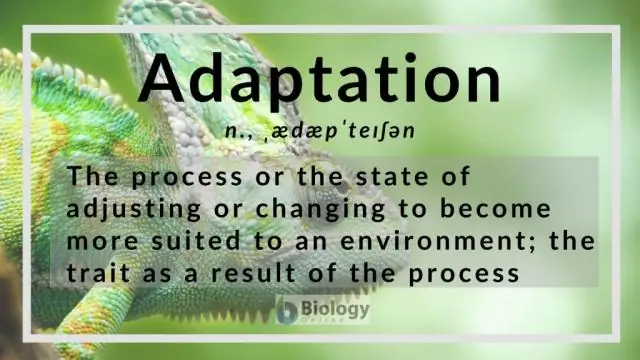- Author Rachel Wainwright wainwright@abchealthonline.com.
- Public 2023-12-15 07:39.
- Last modified 2025-11-02 20:14.
Hypohydration
Hypohydration (hypohydratatio; Greek hypo- - under, decrease, insufficiency + hydōr - water, liquid; synonyms: dehydration, hypohydria) - decrease in the level of water in the body.
Types of hypohydration:
- extracellular (extracellularis): hypohydration of the extracellular space of the body due to increased excretion of water through the kidneys or its movement into cells;
- intracellular (intracellularis): characterized by a decrease in the water content in the cells; it is noted with its increased release or insufficient intake into the body, retention of salts during the course of hyperaldosteronism, etc.;
- hyperosmotic (hyperosmotica): characterized by an increase in the osmotic pressure of physiological fluids and arising against the background of a reduced loss of salts in comparison with the loss of water;
- hypoosmotic (hypoosmotica): characterized by a decrease in the osmotic pressure of physiological fluids and arising against the background of an increased loss of salts in comparison with the loss of water.
Found a mistake in the text? Select it and press Ctrl + Enter.






